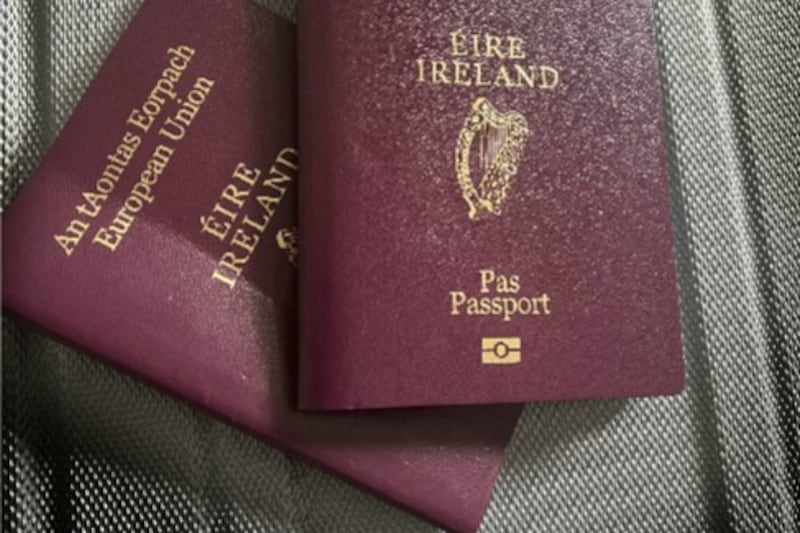The dramatic rise in applications from north of the border for Irish passports, which was confirmed yesterday through the release of official figures in Dublin, has widespread implications.
It was already known that the number of people seeking Irish passports from outside the Republic had surged in the aftermath of the UK’s Brexit referendum 18 months ago.
However, the latest statistics demonstrated a further significant increase during 2017 which also extended to Irish citizens living in Britain.
In 2015, the year before the EU poll, the overall level of Irish passport applications from UK-based citizens stood at just under 100,000.
The total for the last 12 months jumped to over 163,000, while the number of international approaches under the Foreign Birth Registration scheme, which largely covers people with an Irish-born grandparent, tripled from 6,500 in 2015 to over 22,000 last year.
There can be no doubt that, although other factors including mobility among young people and general population growth are at work, Brexit has been a central influence on the developing trends.
While the leave side secured a narrow victory in the 2016 referendum, the outcome was tainted by the grossly misleading claims put forward by some of its leading figures in the course of the campaign.
If it had ever been indicated that, instead of gaining an alleged financial windfall from withdrawal, the UK would be handed a divorce bill estimated to eventually reach £40 billion, a completely different result would probably have followed.
The fact that voters in Northern Ireland decisively opted to remain in the EU in any event has only emphasised the deeply confused attitude towards Irish border issues displayed by the British government in the subsequent negotiations.
It is evident that the question of the border has been placed firmly at the top of the political agenda not just in Ireland but also across Europe, with Brexit having generated a profound review of attitudes.
There will certainly be close attention paid to the interview with taoiseach Leo Varadkar yesterday in which he carefully set out his aspiration for achieving a united Ireland by consent and with cross-community support.
The rights of citizens from all traditions will have to be respected as the debate intensifies, and it is striking that so many individuals have taken the step of specifically stressing their identity by acquiring Irish passports.
With more than 80,000 northern citizens making such applications in the course of 2017, one immediate conclusion which needs to be drawn is that the case for the Department of Foreign Affairs opening a dedicated passport office in Belfast has become overwhelming.







